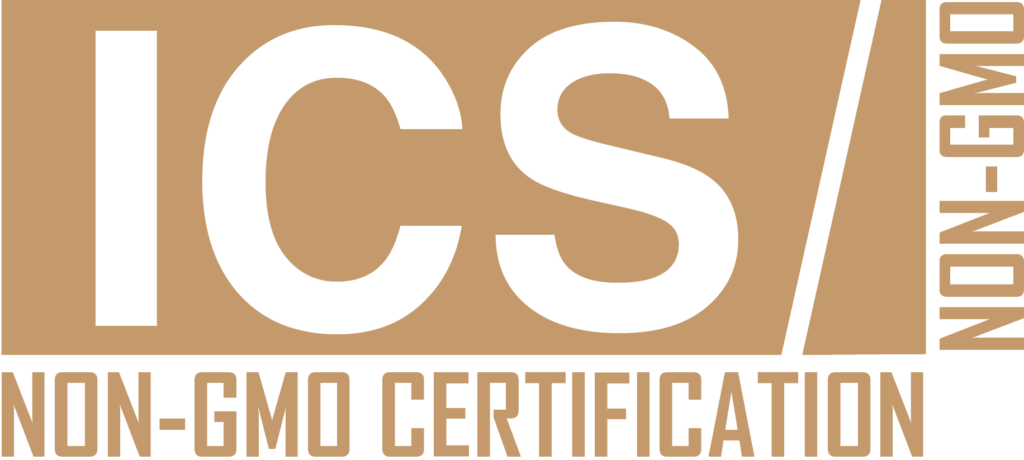
Non-GMO Certification plays a pivotal role in today’s food industry, providing consumers with the confidence that the products they purchase are free from genetically modified organisms. This certification ensures transparency and trust in food production, allowing consumers to make informed choices about the foods they consume. This article explores the key aspects of Non-GMO Certification, the certification process, and the benefits it offers to both producers and consumers.
“Given below is the more detail about the Non-GMO Certification and you might be interested learning more about it. Rest of the part you can avail the certification from ICS to get your organizational dream come true by contact us and clicking below button.”
Non-GMO Certification serves as a mark of assurance that a product has been produced without the use of genetically modified organisms (GMOs). This certification provides consumers with the knowledge that the products they purchase meet strict standards for non-GMO production. Achieving Non-GMO Certification involves meeting specific criteria and undergoing a rigorous assessment process.
The Non-GMO process includes several critical components essential for ensuring that products are truly non-GMO. These components cover seed sourcing, ingredient verification, manufacturing practices, and labeling requirements. Each component plays a vital role in maintaining the integrity and transparency of non-GMO products.
A fundamental aspect of Non-GMO is seed sourcing. This process ensures that the seeds used in production are free from genetic modification. Organizations must provide detailed documentation of their seed sources, including evidence that the seeds are non-GMO. This verification process prevents the introduction of genetically modified materials into the production process.
Achieving Non-GMO involves a systematic approach to implementing and maintaining standards. The process begins with a thorough assessment of the organization’s current practices and identifying areas for improvement. Following this assessment, organizations must develop a detailed action plan to address any gaps and ensure compliance with the certification criteria.
Regular internal audits are essential for maintaining this Certification. These audits help organizations assess their compliance with the certification criteria and identify areas for continuous improvement. Regular reviews and updates to practices ensure that the organization remains compliant and adapts to any changes in regulations or industry best practices.
Offers numerous benefits to organizations and consumers alike. Firstly, it enhances the organization’s reputation by demonstrating its commitment to transparency and integrity in food production. Builds trust among consumers, who can be confident that the products they purchase align with their non-GMO values.
Achieving Non-GMO Certification boosts consumer trust and loyalty. Consumers are more likely to purchase products from brands that share their commitment to non-GMO practices. This increased trust can lead to improved customer retention and a competitive advantage in the market.
Non-GMO Certification opens up new market opportunities for organizations. The demand for this products continues to grow, and certification provides a recognized mark of quality that can attract discerning consumers. Certification can also enhance the organization’s competitiveness, as it demonstrates a commitment to excellence and continuous improvement.
Non-GMO Certification helps organizations comply with regulatory requirements related to food labeling and product claims. Many countries have specific regulations governing the use of terms, provides a recognized framework for meeting these requirements. Compliance with the certification criteria can help organizations avoid regulatory penalties and facilitate market access.
This Certification is not a one-time achievement; it requires ongoing efforts to maintain and improve practices. Organizations must regularly review and update their practices to stay compliant with the certification criteria and adapt to any changes in the industry. This commitment to continuous improvement ensures that the organization remains at the forefront of transparency and integrity in food production.
Organizations must also stay informed about emerging trends and best practices This involves keeping up with new ingredients, technologies, and production techniques that can enhance the quality and sustainability of non-GMO products. By proactively addressing these trends, organizations can maintain their competitive edge and continue to meet the evolving needs of consumers.
Provides a comprehensive framework for ensuring transparency and trust in food production. Achieving Certification demonstrates an organization’s commitment to upholding the highest standards of quality, integrity, and transparency. By following the certification criteria, organizations can enhance consumer trust, access new market opportunities, and ensure regulatory compliance. Continuous improvement and future readiness are essential to maintaining the effectiveness of practices and staying ahead of industry trends. Non-GMO is a valuable asset for organizations striving to excel in the ethical and sustainable production.

For Quick Contact Leave Your Message We will Contact You Shortly Or Call Us At Given Numbers or Email Addresses. We Love to Deliver Our Efficient Services.
Copyright All Rights Reserved © 2025